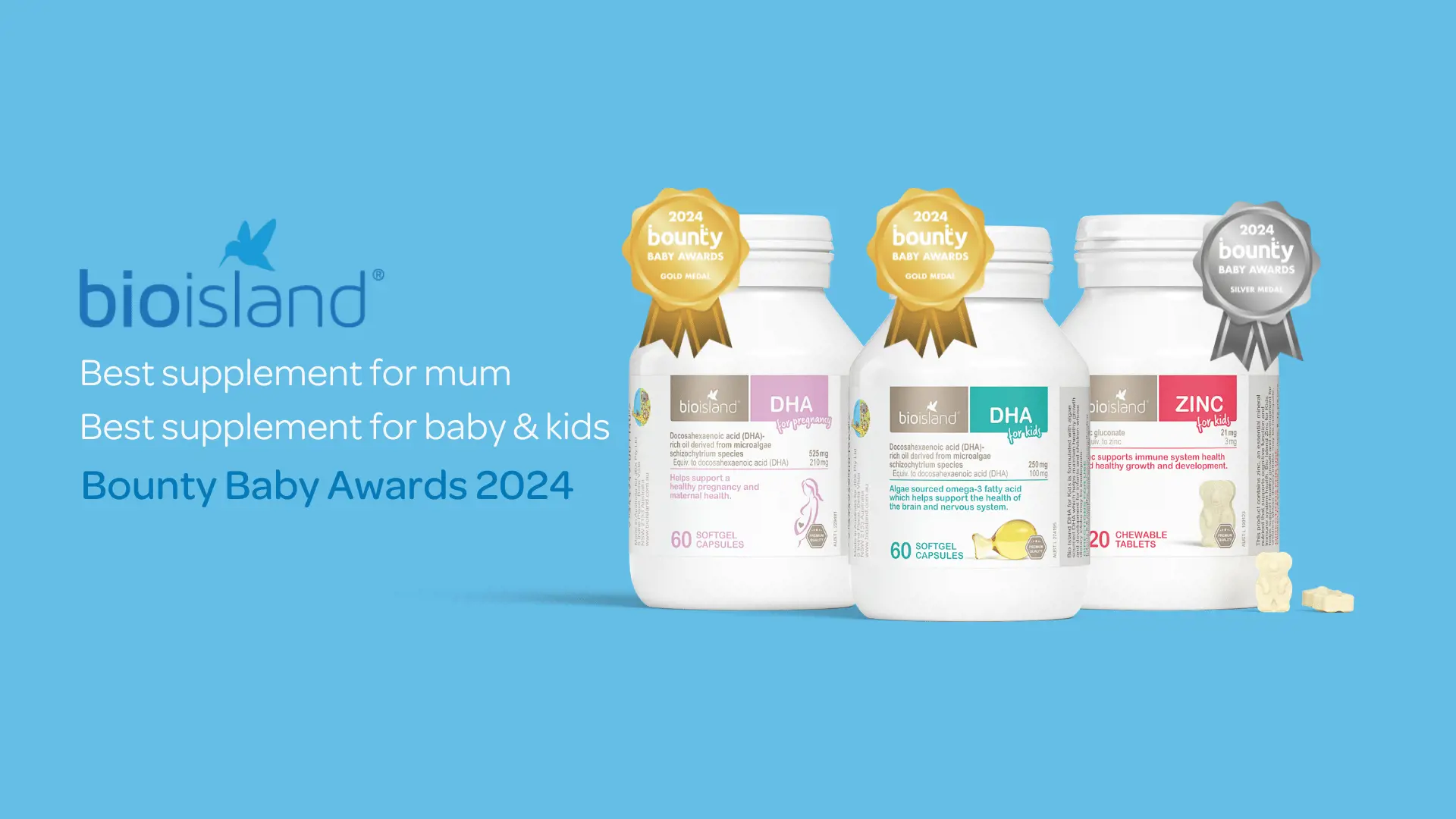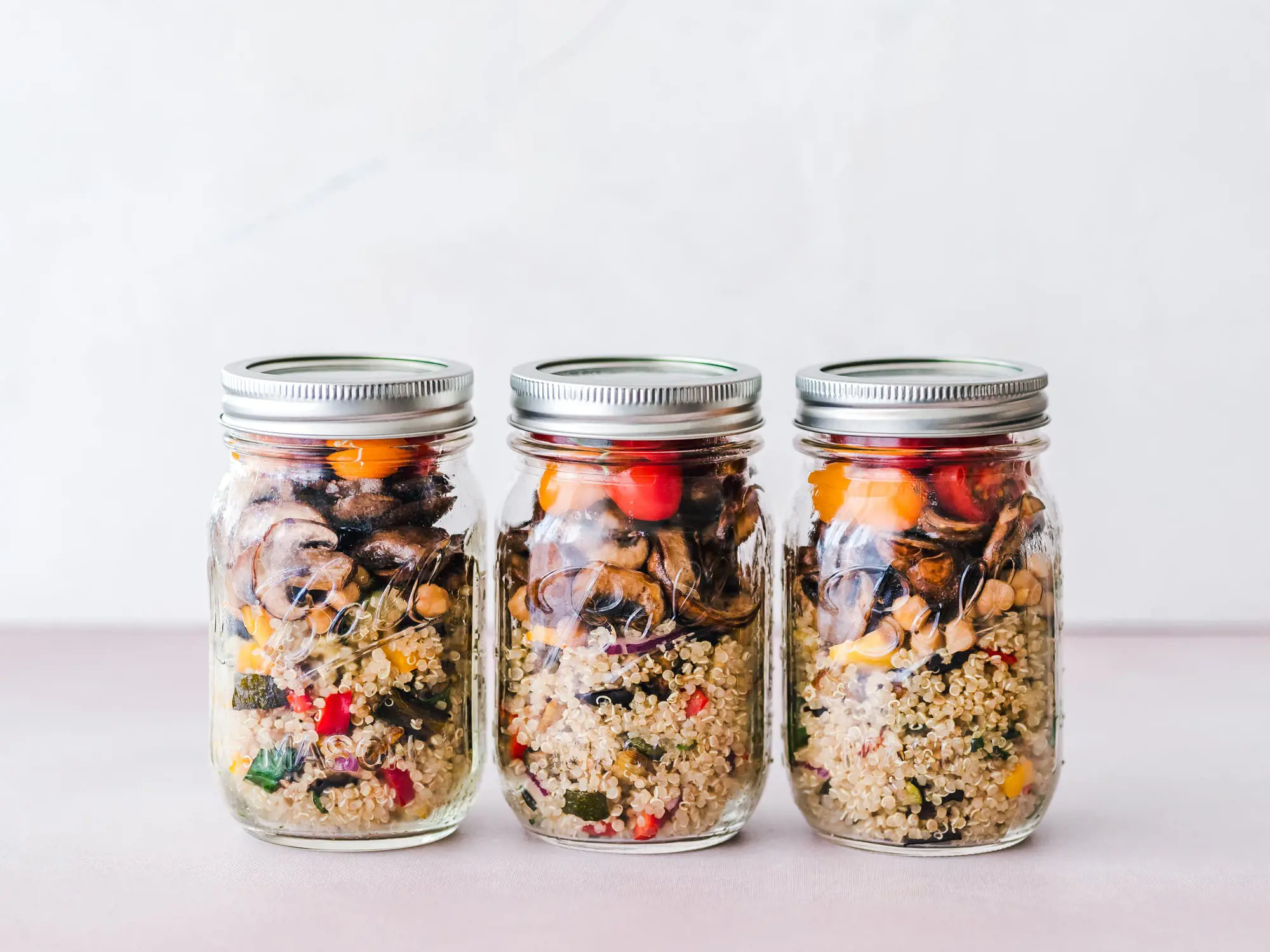
Can you reverse the impacts of a poor diet?
Whilst you may feel relatively healthy, a poor diet and lifestyle choices can show in other ways. So what can you do about it?
Nutrition
By Bio Island Nutrition Team
A poor diet is one that is low in fibre, and/ or high in fat, salt and/or sugar and is usually the result of not having enough healthy foods and consuming too many processed foods and sugary drinks.
Having a poor diet and overeating can lead to many different long term health risks such as obesity, diabetes, and heart disease especially when accompanied by poor lifestyle choices including a lack of exercise, smoking, stress, and excess alcohol. Whilst you may feel relatively healthy, bad food and lifestyle choices can show in other ways such as excess abdominal fat, tiredness, or shortness of breath.
Poor dietary habits can also include undereating which can lead to eating disorders and malnutrition. Malnutrition will often require hospitalised and can causes serious infections and organ failure.
The good news is that it is not difficult to turn these choices around and start consuming a healthy and nutritious diet and start reversing the impact of a poor diet. It is important to make small and consistent changes. This way you will not feel overwhelmed and will find things that you enjoy and are consistent with your lifestyle. Try and let go of the perfectionism or all or nothing attitude. Focus on one meal at a time or one change at a time and over time, these will become standard practice and you won’t even think twice about it.
Here are our top three picks for starting to making changes:
Hydration
Drink at least 2 litres of filtered tap water each day. If you are missing the fizz from sugary soft drinks opt for a glass of sparking water with some fresh fruit infused. There are plenty of different options to play around with such as lemon lime or cucumber and mint. Often, we mistaken hunger for thirst so fill your drink bottle up and sip regularly throughout the day.
Variety
Enjoy a variety of healthy wholesome foods from the five food groups each day:
- Grain (cereal) foods, mostly wholegrain and/or high cereal fibre varieties.
- Vegetables and legumes/beans
- Lean meats and poultry, fish, eggs, tofu, nuts and seeds and legumes/beans.
- Fruit
- Milk, yoghurt, cheese and/or alternatives, mostly reduced fat.
It is best to limit foods which contain saturated fat, added salt, added sugars and alcohol.
The Eat for Health website provides further information for the amount of each food group you should consume depending on your age. For most adults, 5 serves of vegetables and 2 serves of fruit per day is recommended. One serve of vegetable is 75g which is about ½ cup cooked green vegetables or 1 cup of raw salad vegetables. 1 serve of fruit is 150g or 1 medium apple or 2 small apricots.
Exercise.
At least 30 minutes of moderate intensity of activity is recommended to help maintain a healthy weight range.
NSW Health service can help provide you with support and motivation by contacting them on 1300 806 258 or participating in their free online courses. The Butterfly National Helpline provides free and confidential support for anyone concerned by eating disorders or body image issues. They can be contacted on 1800 33 4673 or also offer online chat support and a variety of resources. For further support or before embarking on a new diet or exercise regime reach out to your healthcare professional
This information does not take into account your personal situation and is general in nature. You should consider whether the information is appropriate for your needs and seek professional medical advice.
Always consult your healthcare professional before taking any supplements or if any concerns arise.





